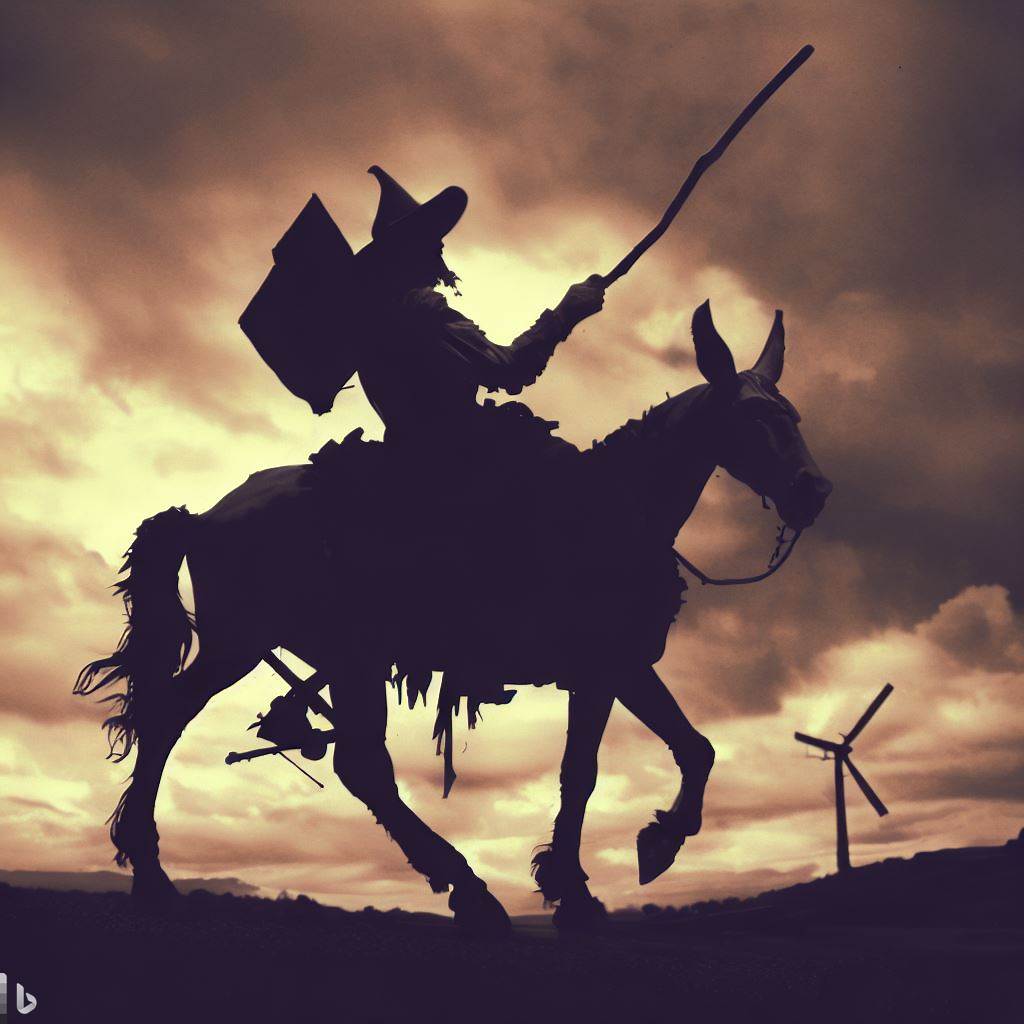
The world is a diverse place, and literature has the power to expose us to different cultures, perspectives, and ways of life. Reading books from around the world can help us broaden our horizons, increase our empathy, and foster a deeper understanding of the human experience. This article will explore some of the must-read books from around the world that offer invaluable glimpses into diverse cultures.
“Things Fall Apart” by Chinua Achebe
Set in Nigeria during the colonial period, “Things Fall Apart” is a seminal work of African literature. The novel explores the impact of colonization on local African communities and the consequent struggle for cultural identity. Achebe’s masterpiece beautifully captures the nuances of African culture and the illusions of Western ideals which clash with it. It is a profound and important read that illuminates the corruption and devastation caused by colonialism.
“One Hundred Years of Solitude” by Gabriel Garcia Marquez
This novel from Nobel laureate Gabriel Garcia Marquez is a sweeping masterpiece that follows seven generations of the Buendía family in the fictional town of Macondo, Colombia. It is a magical realist tour de force that explores the themes of love and its unbreakable bonds. Through its vivid imagery, surreal storytelling style, and social commentary, “One Hundred Years of Solitude” is considered one of the greatest classics of Latin American Literature.
“The Tale of Genji” by Murasaki Shikibu
This novel was written in Japan in the early 11th century and is regarded as the world’s first novel. The Tale of Genji follows the romantic life of Hikaru Genji, a nobleman of the Heian period. It offers a glimpse into Japanese court culture, aesthetics, and religious practices, as well as the social hierarchies and customs of the time. This classic work of Japanese literature continues to be highly regarded for its cultural and historical significance.
“Don Quixote” by Miguel de Cervantes
This classic work of literature from Spain is often considered one of the greatest works of fiction ever written. It tells the story of a man who loses his sanity after reading too many books about chivalry and sets out to become a knight-errant. Don Quixote is a work of satire that exposes the absurdities of the Spanish society of the day. It remains a highly influential work that has inspired many writers and artists and offers insight into the social norms and customs of 16th-century Spain.
“To Kill a Mockingbird” by Harper Lee
While all of the listed books have explored different cultures, it’s important to remember that literature can help us better understand ourselves too. “To Kill a Mockingbird” is a profoundly American novel that explores themes of racism, prejudice, and growing up in the Deep South during the 1930s. Through the eyes of young Scout and her father, Atticus Finch, the novel shines a light on the injustices of segregation and the social complexities of the time, and it remains a timeless classic of American literature.
Reading books from around the world is an excellent way to broaden your horizons, increase your empathy, and deepen your understanding of the human experience. These five books are just a small sample of the incredible variety of global literature available today, and each one offers a unique perspective on the world that is well worth exploring. Happy reading!
FAQ:
Q: What kind of book is “Things Fall Apart” by Chinua Achebe?
A: “Things Fall Apart” by Chinua Achebe is a seminal work of African literature that explores the impact of colonialism on local African communities and the consequent struggle for cultural identity.
Q: What themes does “One Hundred Years of Solitude” explore?
A: “One Hundred Years of Solitude” by Gabriel Garcia Marquez is a sweeping masterpiece that explores themes of love and its unbreakable bonds. Through its vivid imagery, surreal storytelling style, and social commentary, it is considered one of the greatest classics in Latin American Literature.
Q: What can readers learn from “The Tale Of Genji”?
A: Written in Japan in the early 11th century, “The Tale Of Genji” offers readers insight into Japanese court culture, aesthetics, religious practices as well as social hierarchies and customs during the Heian period. It remains highly regarded for its cultural and historical significance.
Q: How does Don Quixote challenge Spanish society?
A: Don Quixote by Miguel de Cervantes exposes the absurdities of 16th-century Spanish society through the eyes of a man who loses his sanity after reading too many books about chivalry and sets out to become a knight-errant. It is written as a satire and it is an enduring classic that has inspired countless writers and artists over the centuries, offering insights into customs, morals, and social norms at the time.